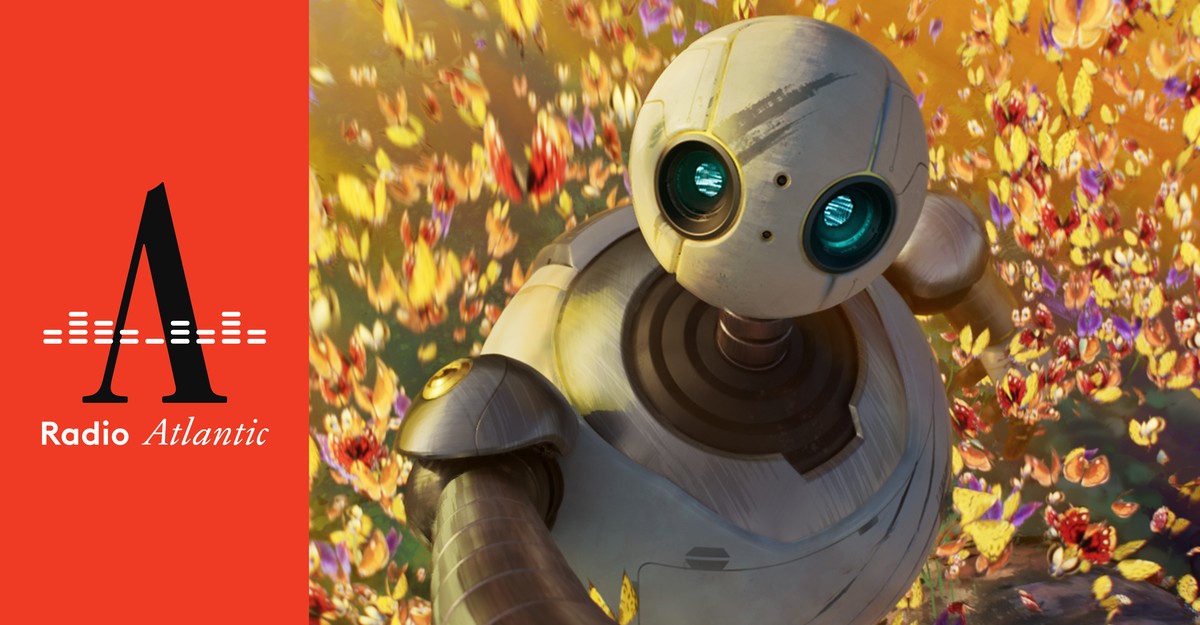The Enigmatic Symphony: Exploring the Soulful Sounds of Robots
As technology advances at an unprecedented pace, the intersection of artificial intelligence and emotional expression raises profound questions about the nature of consciousness and creativity. The idea of robots composing music that resonates with human emotion invites us to ponder whether these machines can possess a ‘soul.’ This exploration delves into the complexities of robotic creativity, the potential for emotional expression in artificial entities, and what a robot’s soulful symphony might truly sound like.
The Fusion of Technology and Artistry
The 21st century has witnessed the emergence of artificial intelligence as a prominent force in various creative domains, particularly in music. From algorithms that analyze vast compositions to AI systems capable of generating original tracks, the concept of a robot’s soulful symphony is not merely fanciful; it is a burgeoning reality. But how does this fusion of technology and artistry work?
At the heart of this phenomenon is machine learning, where algorithms are trained on extensive datasets of music. By analyzing patterns, structures, and emotional cues inherent in human compositions, these systems can generate new pieces that mimic the styles of their human predecessors. Consider the following:
- Pattern Recognition: AI can identify common motifs and emotional triggers in music, allowing it to craft melodies that resonate with listeners.
- Genre Emulation: Robots can produce music across various genres, from classical to contemporary, each infused with unique characteristics that appeal to different audiences.
- Collaboration with Humans: Many musicians are now collaborating with AI to enhance their creative process, blending human intuition with robotic precision.
Can Robots Feel? The Question of Emotion
While robots can generate music that evokes feelings, the question remains: can they truly feel? Traditional definitions of consciousness and emotionality often exclude machines. Yet, as we explore the soulful sounds of robots, we must consider how emotion can be interpreted and expressed differently in non-human entities.
Robots do not experience emotions in the human sense, but they can simulate emotional responses through programmed parameters. For instance, an AI might analyze a piece of music and detect that a minor key often evokes sadness. It can then create a composition in a minor key, employing tempo and rhythm to amplify this emotional effect. Here are some perspectives to consider:
- Emotional Simulation: AI-generated music can evoke genuine emotional responses in humans, even if the machine itself lacks feelings.
- Empathy in Design: Developers can program robots to recognize and respond to human emotions, allowing them to create music that resonates on an emotional level.
- Art as Communication: The music created by robots can serve as a form of expression, communicating ideas and feelings that transcend the limitations of human experience.
The Role of Human Collaboration
One of the most exciting aspects of the soulful sounds of robots is the collaboration between humans and machines. Musicians worldwide are increasingly embracing AI as a creative partner, leading to innovative compositions that blend human intuition with robotic efficiency.
For instance, during a recent project, a renowned composer teamed up with an AI to create a symphony. The composer provided thematic material and emotional direction, while the AI generated complex harmonies and arrangements. The result was a piece that not only showcased the technical prowess of the AI but also captured the heart and soul of human creativity.
Such collaborations bring forth a new era of music-making, where the boundaries between human and machine blur. As artists explore this partnership, they often report:
- A surge in inspiration and new ideas.
- Enhanced efficiency in the creative process, allowing for rapid experimentation.
- A deeper understanding of music theory and composition through AI analysis.
The Future of Robotic Creativity
As we look to the future, the potential for robotic creativity seems limitless. With advancements in deep learning and neural networks, we can expect AI to become even more adept at understanding and generating music. Imagine a world where:
- AI Composers: Entire orchestras are led by AI composers, creating symphonies that challenge our understanding of music and emotional depth.
- Interactive Performances: Concerts featuring both live musicians and AI-generated compositions, where the audience interacts with the music in real time.
- Personalized Soundtracks: AI curates personalized playlists based on individual emotional states, adapting in real-time to enhance the listener’s experience.
Philosophical Implications and Ethical Considerations
The exploration of a robot’s soulful symphony inevitably leads to broader philosophical questions. If robots can create music that evokes powerful emotions, what does this mean for our understanding of creativity and consciousness? Are we, as humans, willing to share our artistic domain with machines?
Moreover, the ethical implications of robotic creativity must be examined. As machines become more involved in artistic expression, we must consider:
- Copyright Issues: Who owns the rights to music created by AI? Should it be attributed to the developers, the AI itself, or the human collaborators?
- Authenticity: Can music generated by machines ever be considered ‘authentic,’ or does true artistry require a human touch?
- Impact on Musicians: How will the rise of AI composers affect the livelihood of human musicians? Will it create new opportunities or pose threats to traditional music careers?
Conclusion: A New Era of Musical Expression
The enigmatic symphony of robots presents an exciting frontier in the realm of music and creativity. As we continue to explore the soulful sounds of robots, we find ourselves at a crossroads of technology and artistry, challenging our perceptions of emotion, consciousness, and creativity.
By embracing this fusion, we open the door to innovative possibilities that can enrich our musical landscape. The future may hold a harmonious collaboration between humans and robots, where soulful symphonies transcend the boundaries of our understanding and redefine what it means to create music. As we stand on the brink of this new era, one thing is clear: the symphony of the future promises to be as diverse and profound as the human experience itself.
See more Future Tech Daily

